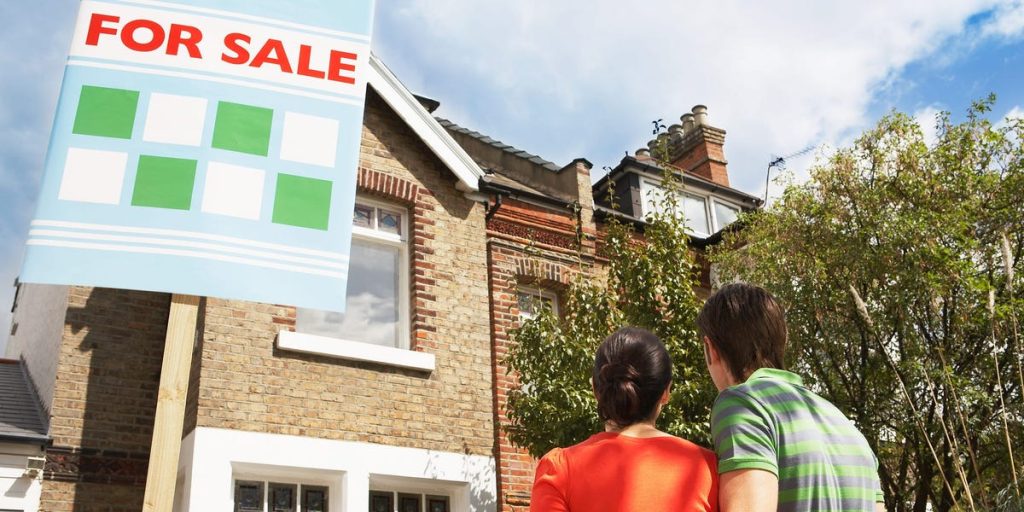Understanding Jumbo Loans: A Comprehensive Guide
Introduction to Jumbo Loans
In today’s housing market, buying a home can be a significant financial undertaking, especially for those eyeing high-value properties. For borrowers who need to secure a mortgage exceeding the standard limits, a jumbo loan is often the solution. A jumbo loan, also referred to as a non-conforming loan, is a type of conventional mortgage that surpasses the borrowing limits set by the Federal Housing Finance Agency (FHFA). As of 2025, the conforming loan limit in most areas of the U.S. is $806,500, and in high-cost areas, it can go up to $1,209,750. Jumbo loans are designed for borrowers who need to finance homes priced above these limits, often up to $2 or $3 million.
While jumbo loans provide access to larger loan amounts, they come with stricter requirements and unique considerations compared to conforming loans. This guide will walk you through what jumbo loans are, how to qualify for one, and what you need to know about their rates and terms.
What Is a Jumbo Loan?
A jumbo loan is a mortgage that exceeds the FHFA’s conforming loan limits. These limits are updated annually and vary by location, with higher limits in areas where the cost of living is more expensive. Jumbo loans are considered riskier for lenders because they cannot be purchased or guaranteed by Fannie Mae or Freddie Mac, the government-sponsored entities that back most conforming loans. This means lenders have more stringent guidelines for approving jumbo loans.
Despite the higher risks, jumbo loans offer borrowers the opportunity to purchase luxury homes or properties in competitive markets. They are often used by high-income earners or those with significant savings who can afford larger homes. However, borrowers must meet stricter criteria, such as higher credit scores, larger down payments, and lower debt-to-income ratios, to qualify for a jumbo loan.
How to Qualify for a Jumbo Loan
Qualifying for a jumbo loan requires careful planning and a strong financial profile. Lenders typically impose stricter requirements to mitigate the risks associated with these larger loans. Here are some key factors to consider:
Down Payment Requirements
While some conforming loans allow down payments as low as 3%, jumbo loans usually require a more substantial upfront investment. Many lenders expect a down payment of at least 10% to 20%. However, some lenders may offer more flexible terms, with down payments as low as 5% or 10%. Even so, putting down a larger down payment can help you secure better terms and lower your monthly payments.
Credit Score Requirements
Your credit score plays a critical role in determining your eligibility for a jumbo loan. Lenders typically require a minimum credit score of 700, though some may have higher requirements. A higher credit score not only improves your chances of approval but also helps you qualify for better interest rates. If your credit score is on the lower end, you may want to consider improving it before applying for a jumbo loan.
Debt-to-Income Ratio
Your debt-to-income (DTI) ratio is another important factor lenders consider. This ratio is calculated by dividing your total monthly debt payments by your gross monthly income. For example, if you earn $10,000 per month and have $4,000 in monthly debt obligations, your DTI ratio is 40%.
For jumbo loans, lenders usually prefer a DTI ratio of 40% or lower, though some may allow up to 45% in certain cases. A lower DTI ratio demonstrates financial stability and reduces the risk of default.
Cash Reserves
Many lenders require borrowers to have cash reserves to cover several months of mortgage payments in case of unexpected financial setbacks, such as a job loss. The amount of reserves required can vary depending on the lender and the level of risk associated with the loan. As a general rule, it’s a good idea to have at least six to 12 months’ worth of mortgage payments set aside in a readily accessible savings account.
Jumbo Mortgage Rates: What to Expect
One of the most common questions about jumbo loans is whether their interest rates are higher than those of conforming loans. The answer is not always straightforward. While jumbo loans may carry slightly higher rates in some cases, many lenders offer jumbo loan rates that are comparable to, or even lower than, conforming loan rates.
Recent trends show that mortgage rates have been elevated, with 30-year conventional rates averaging 6.71% in January 2025. However, experts predict that rates may decrease slightly as the Federal Reserve lowers the federal funds rate, provided inflation slows down.
It’s important to note that while jumbo loan rates can be competitive, the overall cost of the loan will still be higher due to the larger loan amount. Borrowers should carefully consider their financial situation and long-term goals before committing to a jumbo loan.
Shopping for a Jumbo Loan Lender
Finding the right lender for a jumbo loan requires research and comparison. Different lenders may have varying requirements, such as down payment percentages, DTI ratios, and credit score minimums. Some lenders may also offer more favorable interest rates or terms than others.
To increase your chances of approval and secure the best possible rate, consider the following:
- Improve Your Credit Score: A higher credit score can help you qualify for better terms.
- Save for a Down Payment: A larger down payment can reduce your monthly payments and improve your application.
- Shop Around: Compare rates and terms from multiple lenders to find the best option for your situation.
- Work with a Mortgage Broker: A professional can help you navigate the process and identify the most suitable lenders.
Remember, taking the time to prepare your finances and research your options can make a significant difference in the outcome of your jumbo loan application.
Conclusion: Are Jumbo Loans Right for You?
Jumbo loans are a powerful tool for borrowers who need to finance high-value homes or properties in expensive areas. While they offer larger loan amounts, they also come with stricter requirements and higher costs. To determine if a jumbo loan is right for you, assess your financial situation, consider your long-term goals, and carefully evaluate the terms and conditions of the loan.
By understanding the ins and outs of jumbo loans and preparing your finances accordingly, you can make an informed decision and successfully navigate the process of securing a mortgage for your dream home.












